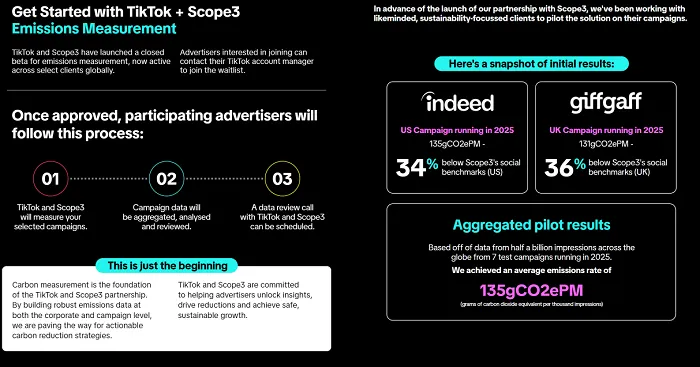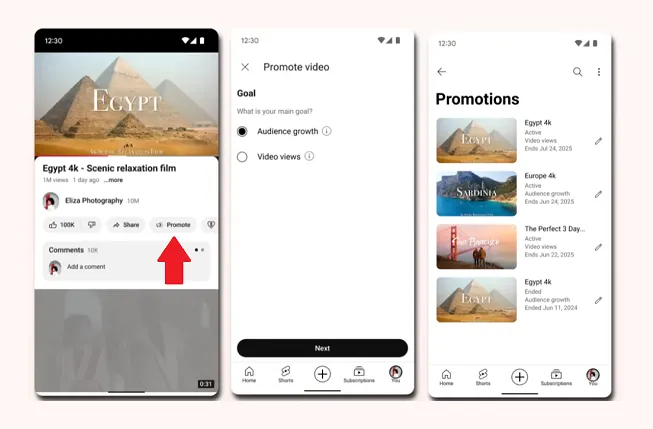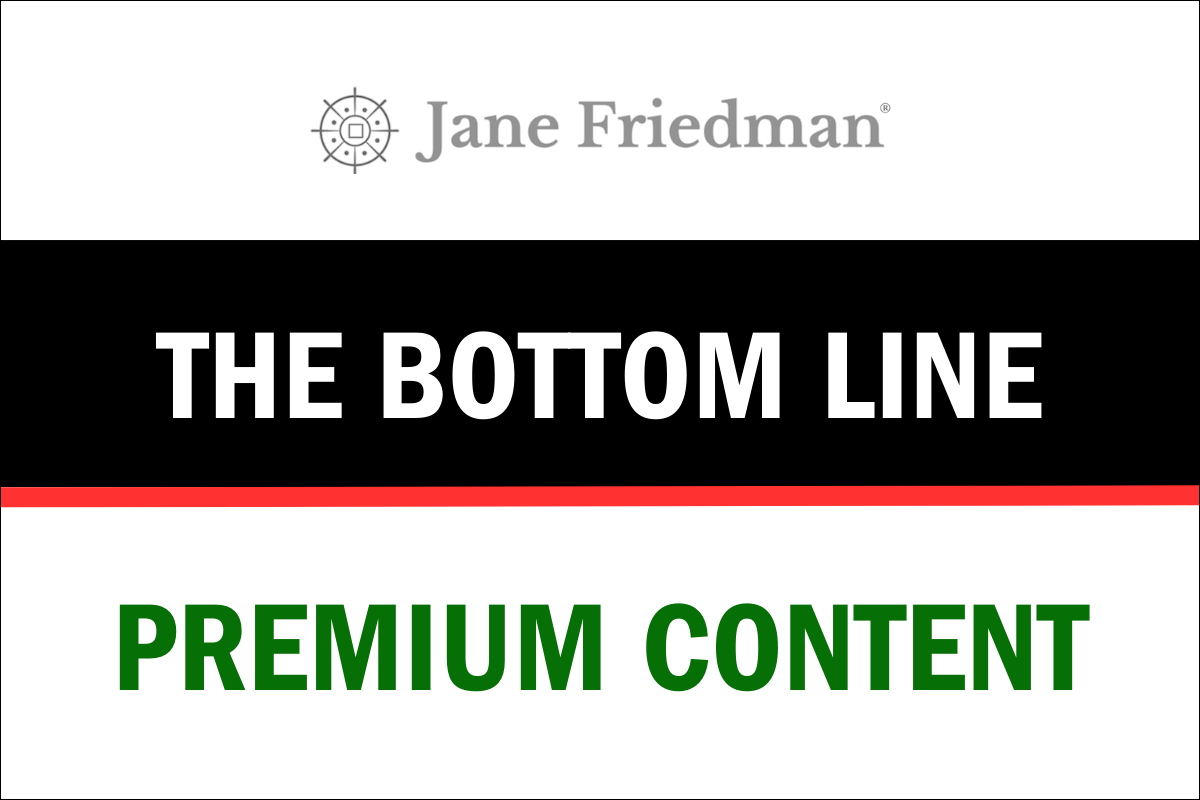Own the Title of Writer (Don’t Add “Aspiring”)
Consciously thinking about yourself as a writer—rather than an aspiring one—is the first step toward shattering self-limiting beliefs.


Today’s guest post is excerpted from the new book Write with Confidence by Lisa Fellinger.
We’ve all been there. You’re at a party, an event, or even just standing in the school pick up line, and someone strikes up a casual conversation. Sooner or later, they ask: “What do you do?”
One of the most dreaded questions for a writer—second only, perhaps, to “What’s your book about?”
I could go on about how a person isn’t defined solely by their career, but like it or not, this question has become a socially accepted shortcut to getting to know someone. And while we can’t control what others ask, we can control how we respond.
The dreaded “what do you do” question tends to bring up all kinds of feelings: imposter syndrome, self-consciousness, embarrassment—it brings it all to the surface. But those feelings aren’t there because of the question itself. They’re there because, deep down, whether we recognize it consciously or not, we’re uncomfortable calling ourselves a writer. When someone asks what we do, and we haven’t made peace with that title, it can feel threatening. If we haven’t yet figured out what being a writer means for us, the question will trigger our insecurities and put us on the defensive. Sharing that we write also opens the door to more questions, ones we may not feel ready to answer.
Another reason this question can spark our defenses is that while we might have a straightforward answer to the question (i.e., “I’m an accountant!”), if we’re also a writer, that simple answer doesn’t feel like the whole truth. But adding in, “I also write,” can feel awkward or vulnerable. It’s a lose-lose: keep it simple but feel like you’re hiding part of yourself or tell the truth and risk feeling like a fraud.
I’ll never forget the first time I called myself a writer to someone who wasn’t my family or a close friend. I was in a graduate school class, and we were discussing the demands of the program and what challenges we were facing. I don’t know what was going through my mind that night, but the first thing that tumbled out of my mouth was, “I’m a writer, and I miss having time for my writing.”
Now, at this time, I hadn’t even completed a manuscript. I’d been writing stories my whole life, but I was on a path to become a counselor. My plan was to finish school, get a “real” job (whatever that meant), and then I’d have time to focus on my writing. I didn’t consciously consider myself a writer in that moment. And I was mortified that I’d just declared myself one in this room full of serious, career-minded graduate students. What was I thinking?
Then my professor raised his eyebrows and said, “Wow! What do you write? I also write!”
I don’t remember the rest of the conversation. I was too focused on the fact that I’d just pretended to be a real writer out loud, in public, in front of someone who I’d just learned had actually published books. I’m sure my cheeks were as red as an apple.
I don’t know if any of my classmates remember that moment. But I sure do. Because that was the first time I truly claimed the title of writer. And it happened when I least expected it.
That moment didn’t spark me to take immediate action, quit school, and decide to write full-time. But it stuck with me. In the back of my mind was the realization that even though I was in full pursuit of a different career, being a writer was still the thing that mattered most to me. And I think that moment was a quiet nudge from my subconscious that my real purpose might lie elsewhere.
It’s gotten easier to tell people I’m a writer over the years. But even now, with a published book under my belt, it still feels a little vulnerable. I still have to remind myself that I am a writer, and I have no reason to feel ashamed sharing that.
Because here’s the truth: we can’t confidently tell others we’re writers until we’re comfortable telling ourselves. Until we can say “I write” without immediately qualifying it (“It’s just a hobby,” or “But I haven’t published anything yet”), it will always feel intimidating to share.
So, how do we get comfortable with calling ourselves writers?
Practice.
I know it feels silly, but look yourself in the mirror and say, “I’m a writer.” Say it again. And again. The more you do it, the less awkward it feels.
Sometimes, it’s just about finding words that don’t feel clunky. Coming up with a short script can be helpful. That way, when someone asks what you do, you’re prepared—you’ve already decided what you feel comfortable sharing and how.
But if you keep practicing and it still feels hard, it might be more than just needing the right words. If this is the case, pay attention to what thoughts or feelings come up when you say, “I’m a writer.” Do you feel the urge to qualify it? Do you worry it sounds pretentious? Are you biting your tongue, waiting to be called a fraud?
These thoughts are clues. They reveal the mental blocks standing between you and the writing life you want. And once you identify those blocks, you can begin to work through them to finally feel confident calling yourself a writer.
A note about aspiring
A lot of newer writers, and even many who’ve been writing for years, use the term “aspiring writer.” I used to, too. It felt like a good compromise—I was still sharing that I enjoyed writing but wasn’t claiming to actually be a writer.
Then I took a workshop with a literary agent who told us, point blank: “Go take ‘aspiring’ off your bio. You’re here. You’re doing the work. You’re writers.”
That advice stuck, and now I pass it on to every writer I work with.
Adding “aspiring” may feel small and inconsequential, but it’s not. It reinforces the belief that you’re not quite there yet, that you haven’t earned the title. Every time you call yourself an aspiring writer, you’re feeding the imposter syndrome that keeps you stuck.
So, I know you might be reading this and thinking that I’m being dramatic in telling you to immediately go to any social media presence you might have and change any mention of aspiring writer to simply say “writer”—I know this because I was once in your exact shoes—but I promise you this is bigger than just a disagreement over an adjective. It’s a mindset shift. Making the conscious effort to start thinking about yourself as a writer rather than an aspiring one is the first step toward shattering your self-limiting beliefs so you can finally become the writer you dream of being.
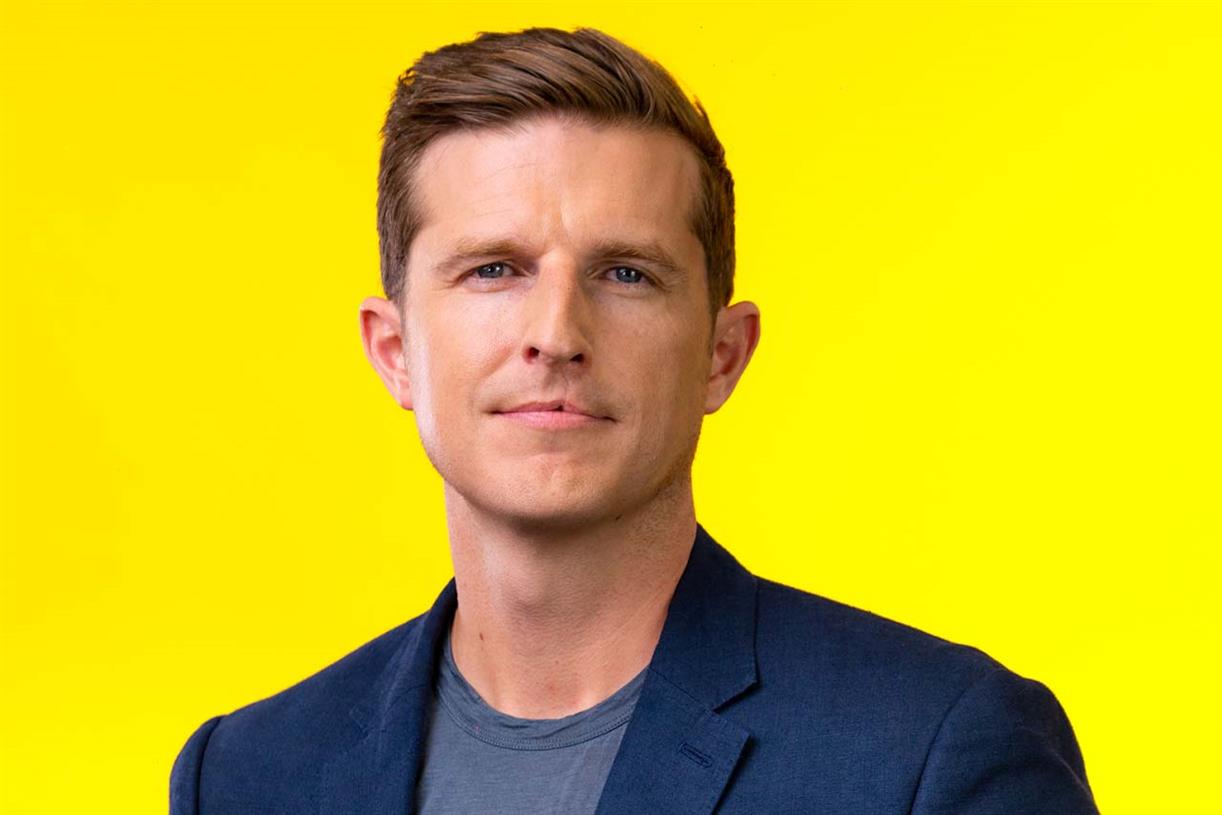
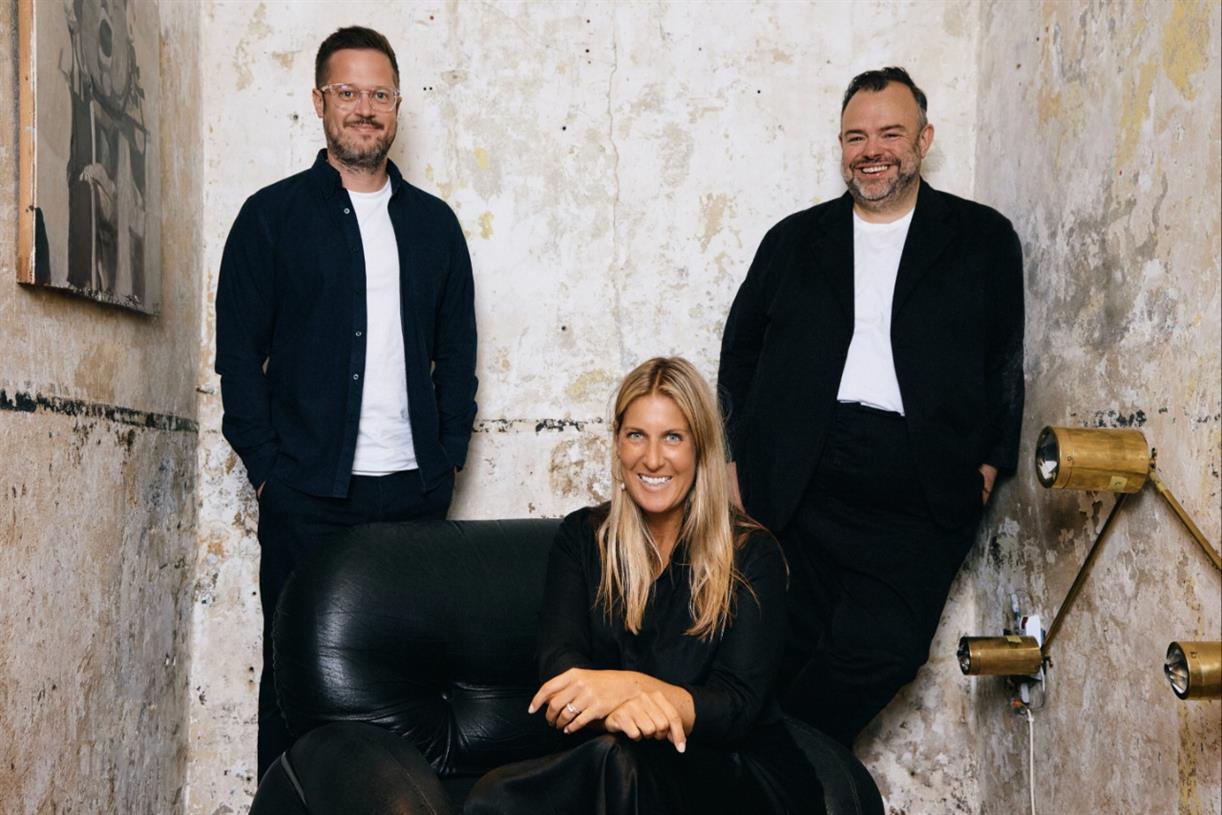














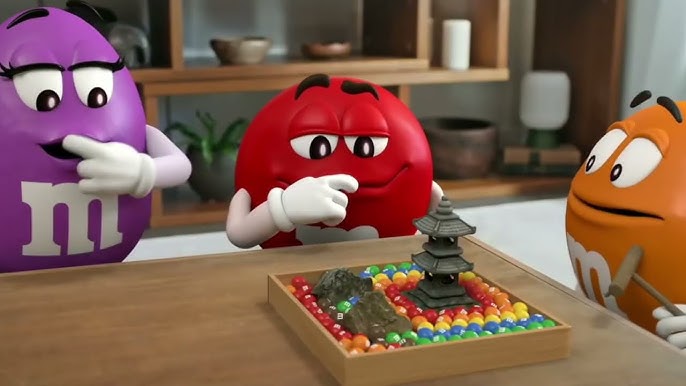






![Brand and SEO Sitting on a Tree: K-I-S-S-I-N-G [Mozcon 2025 Speaker Series]](https://moz.com/images/blog/banners/Mozcon2025_SpeakerBlogHeader_1180x400_LidiaInfante_London.png?auto=compress,format&fit=crop&dm=1749465874&s=56275e60eb1f4363767c42d318c4ef4a#)

![How To Launch, Grow, and Scale a Community That Supports Your Brand [MozCon 2025 Speaker Series]](https://moz.com/images/blog/banners/Mozcon2025_SpeakerBlogHeader_1180x400_Areej-abuali_London.png?auto=compress,format&fit=crop&dm=1747732165&s=beb7825c980a8c74f9a756ec91c8d68b#)
![Clicks Don’t Pay the Bills: Use This Audit Framework To Prove Content Revenue [Mozcon 2025 Speaker Series]](https://moz.com/images/blog/banners/Mozcon2025_SpeakerBlogHeader_1180x400_Hellen_London.png?auto=compress,format&fit=crop&dm=1747758249&s=9f3c5b1b7421f862beace1cb513053bb#)
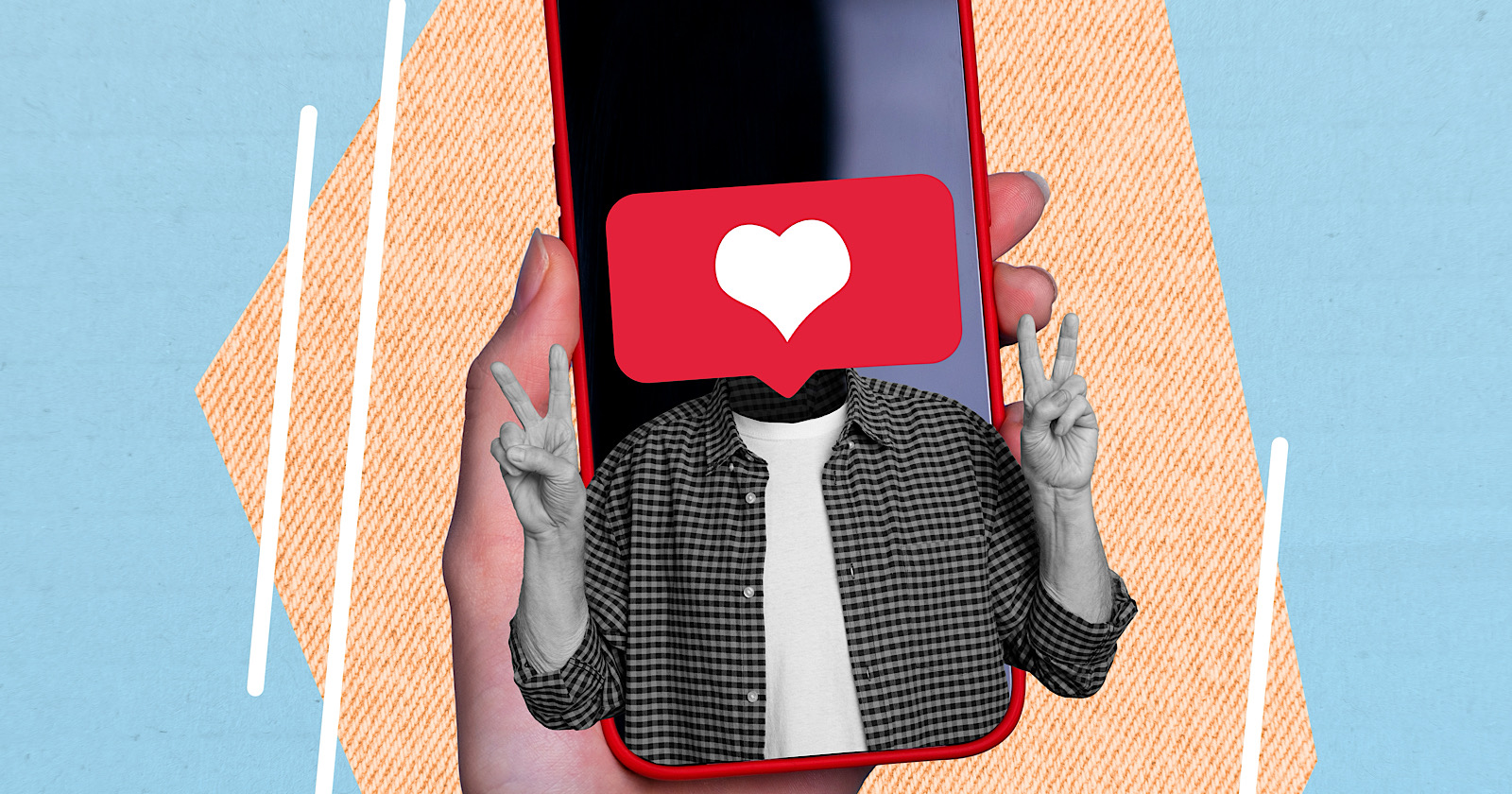
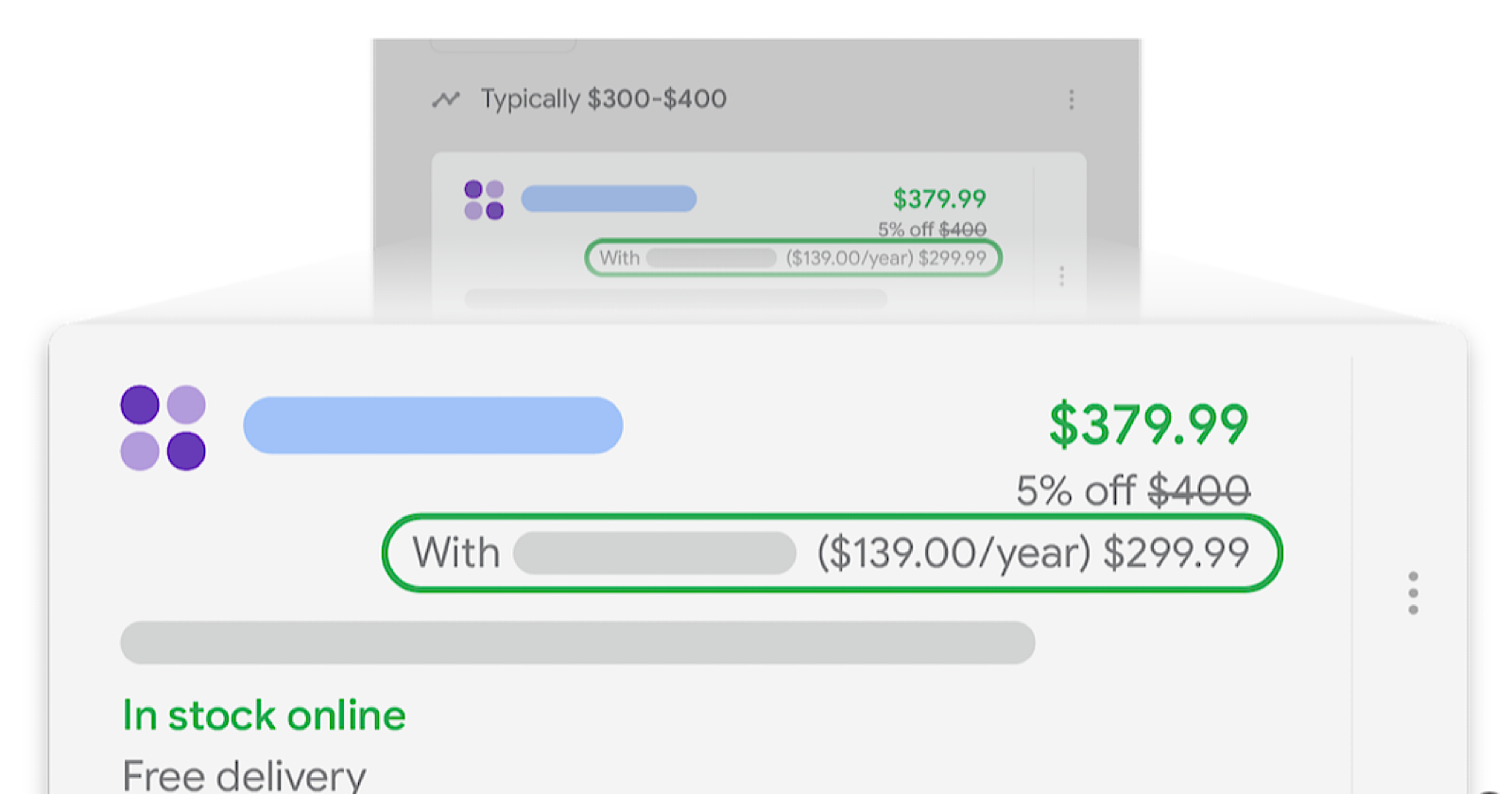






















![The 11 Best Landing Page Builder Software Tools [2025]](https://www.growthmarketingpro.com/wp-content/uploads/2024/04/best-landing-page-software-hero-image-1024x618.png?#)


















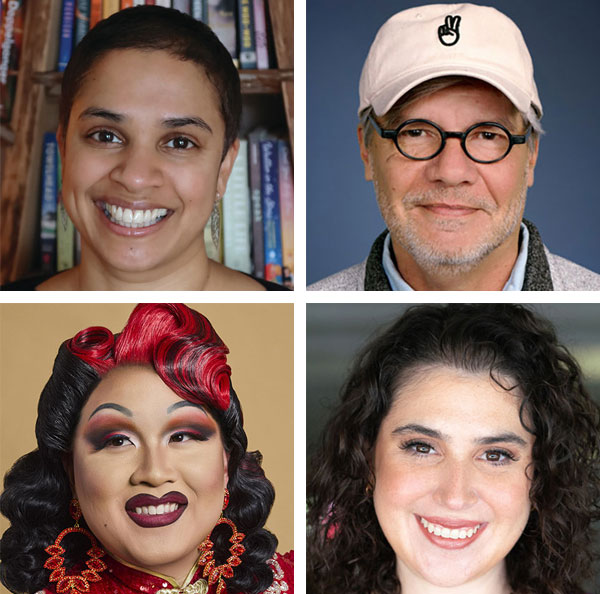


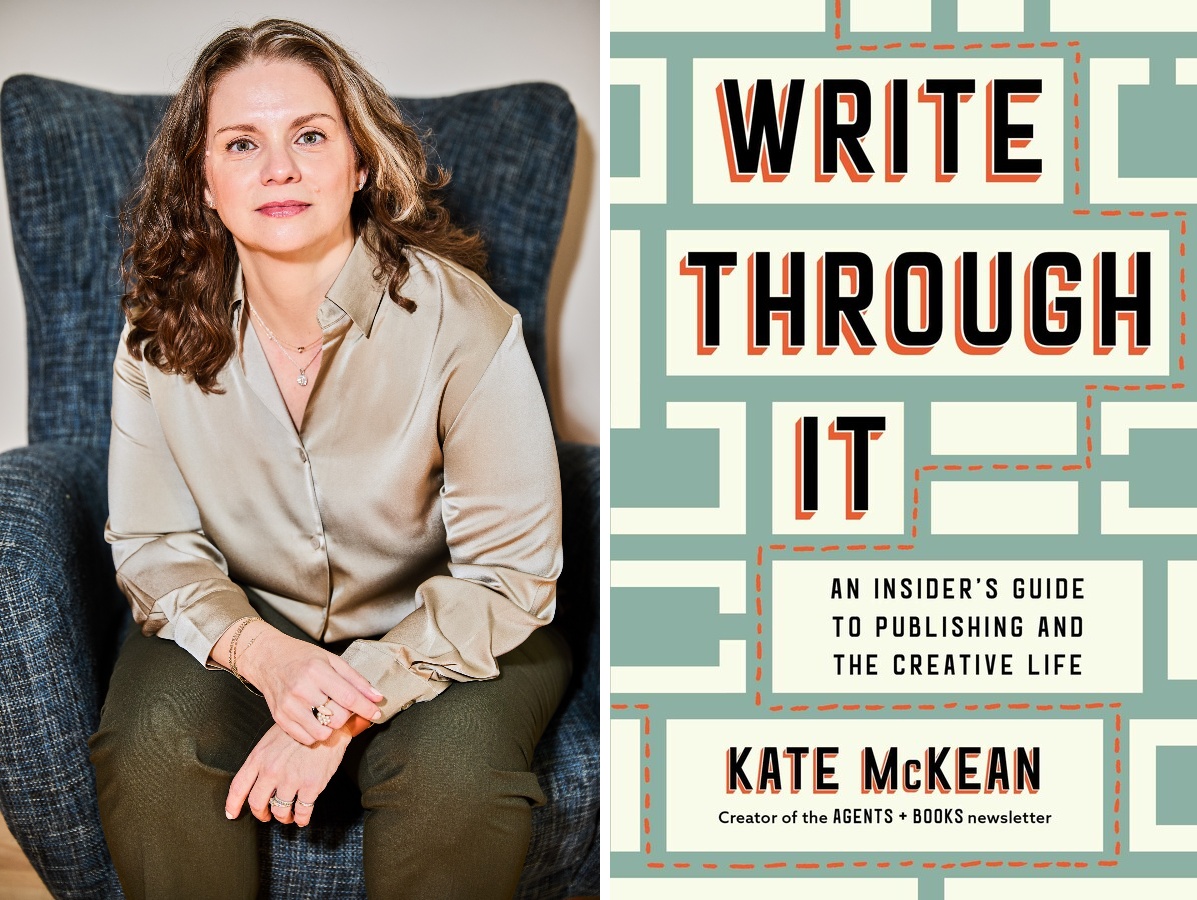














![The Most Searched Things on Google [2025]](https://static.semrush.com/blog/uploads/media/f9/fa/f9fa0de3ace8fc5a4de79a35768e1c81/most-searched-keywords-google-sm.png)
![What Is a Landing Page? [+ Case Study & Tips]](https://static.semrush.com/blog/uploads/media/db/78/db785127bf273b61d1f4e52c95e42a49/what-is-a-landing-page-sm.png)






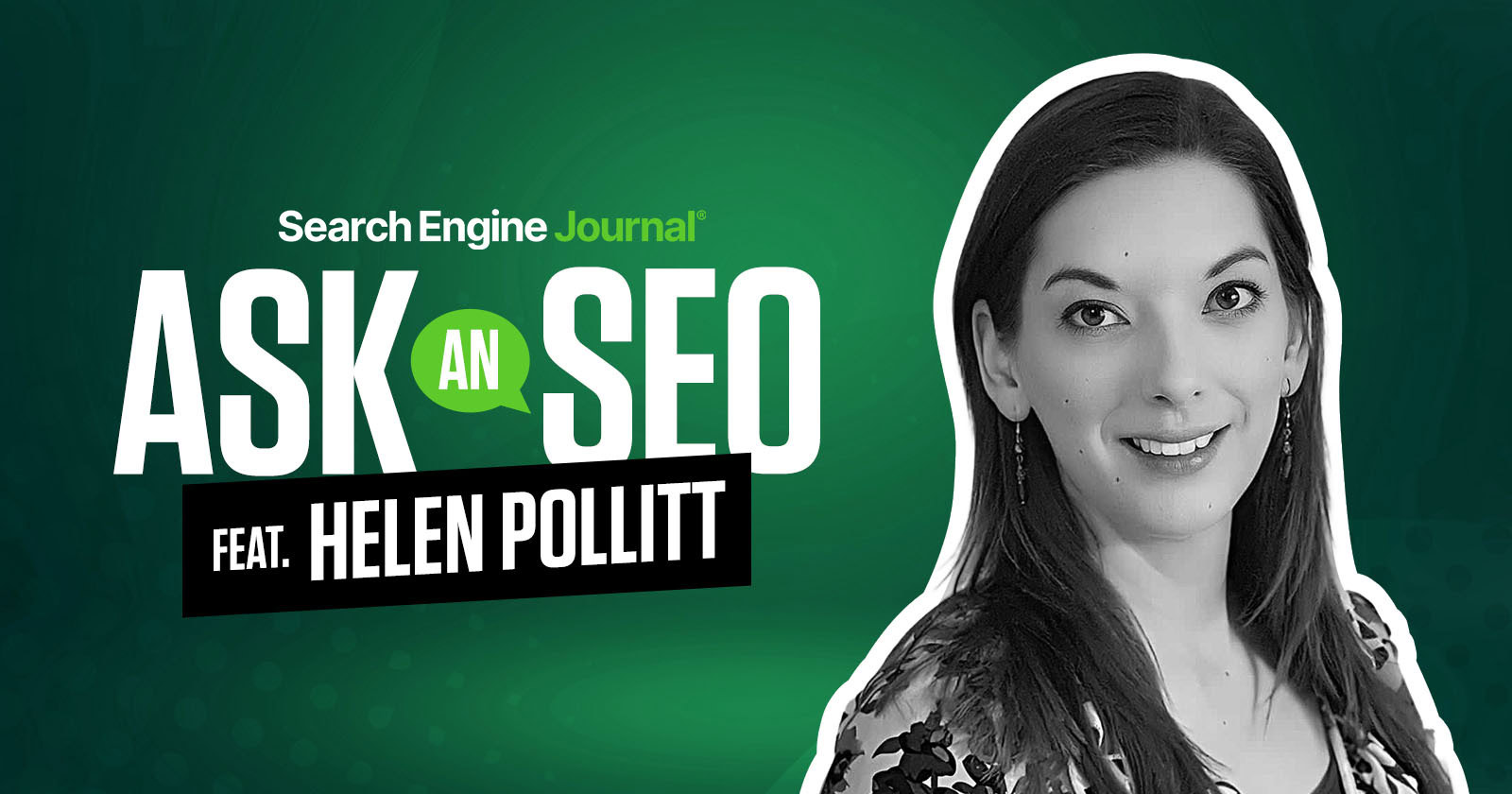












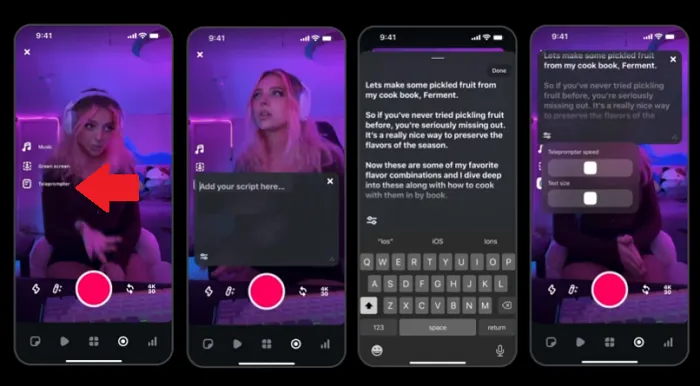
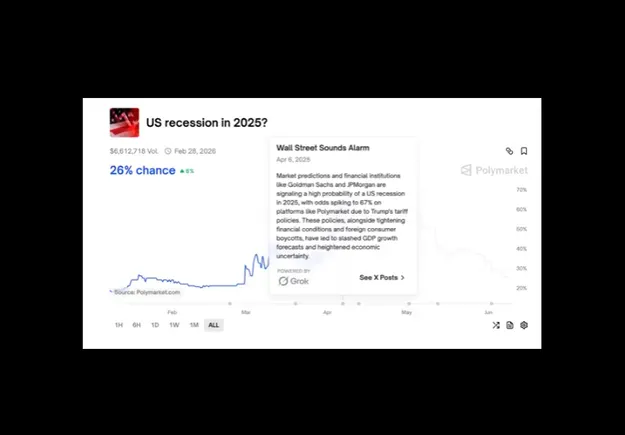



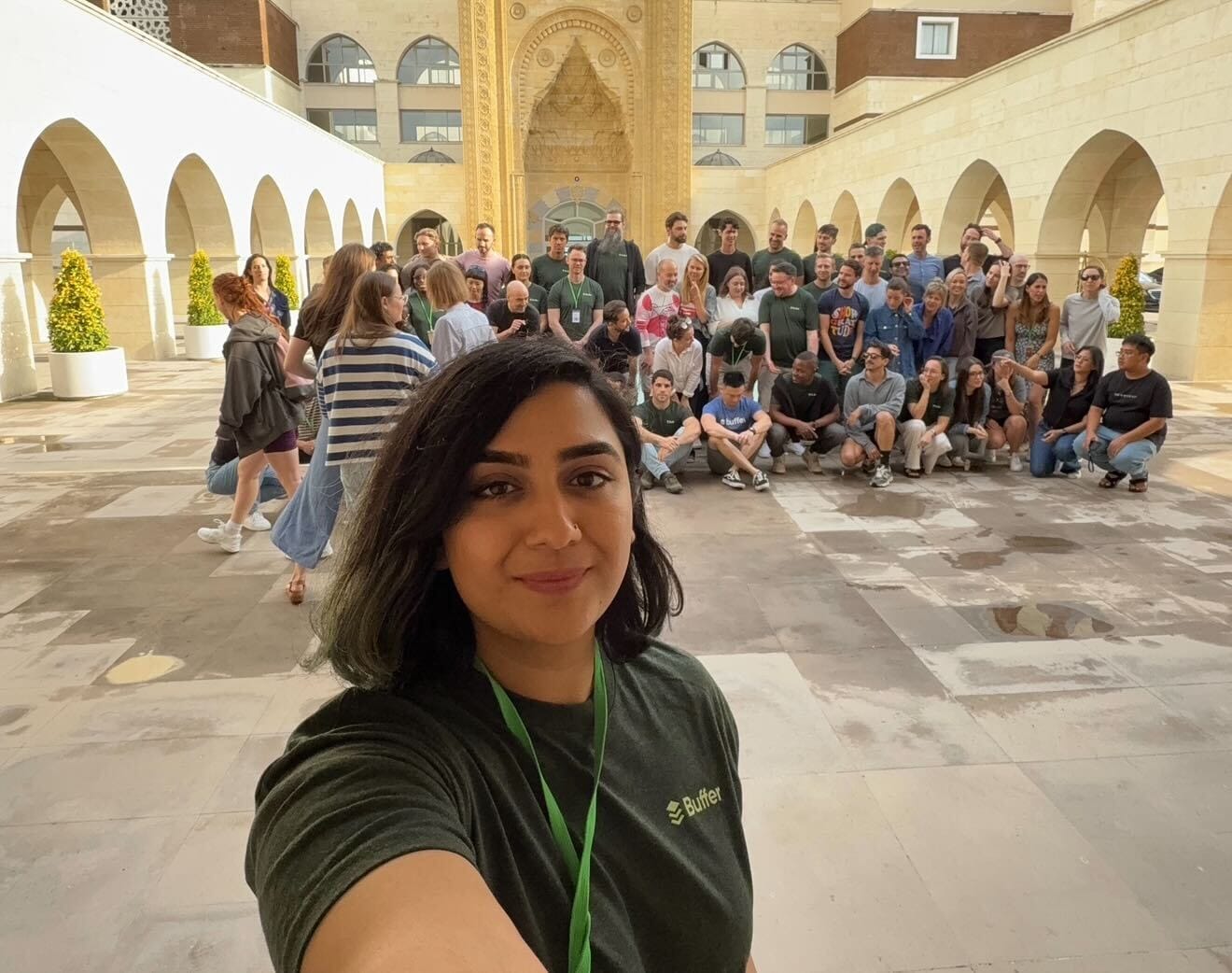






![Social media image sizes for all networks [June 2025]](https://blog.hootsuite.com/wp-content/uploads/2023/01/Social-Media-Image-Sizes-2023.png)

![AI can boost conversions from your web page — HubSpot’s CMO shows you how [tutorial]](https://knowledge.hubspot.com/hubfs/ai-1-20250605-395473.webp)
![The state of inclusive marketing in 2025 [new data + expert insight]](https://www.hubspot.com/hubfs/inclusive-marketing-report.webp)














